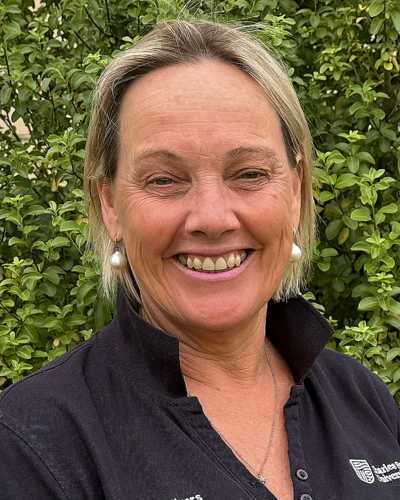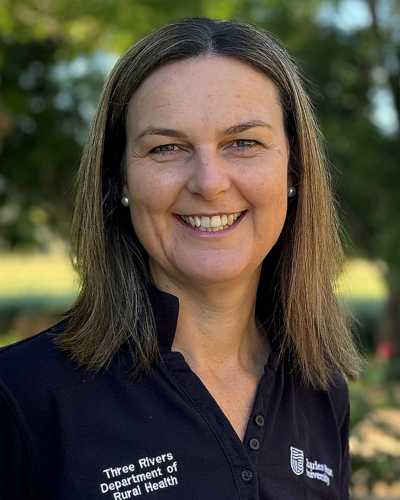Introduction: Allied health curricula often scaffold placements across the students’ degree, with early, formative placements being focused on observation, building capabilities and introducing a new professional identity. We have developed a rotational clinical placement program for allied health students in the first year of their degree that uses a strengths-based approach to inter-organisational collaboration, with a shared goal of hosting rural placements that are high-quality learning experiences and low-resource for host organisations.
Aims: The aims of the rotational rural placement program are:
1. To increase the number of rural placement opportunities for allied health students;
2. To use inter-organisational collaboration as a mechanism to share workload and enhance learning opportunities; and
3. To expose allied health students to the dynamic and unique nature of rural practice.
Methods: The rotational rural placement program was co-designed by a group of academics and clinicians from central west NSW who had a shared interest in hosting high-quality placements but limited resources to undertake this endeavour. The placement program will be piloted in August 2024 with occupational therapy students based in a rural town for 2 weeks. The rotational rural placement program will be evaluated using post-placement surveys and semi-structured interviews with students, and their clinical supervisors.
Results and Conclusion: The presenters will outline the process undertaken to create the rotational rural placement program, including the final design to be piloted. They will reflect on their journey in creating this program, including the structured evaluation, lessons learned and inter-professional applicability.

